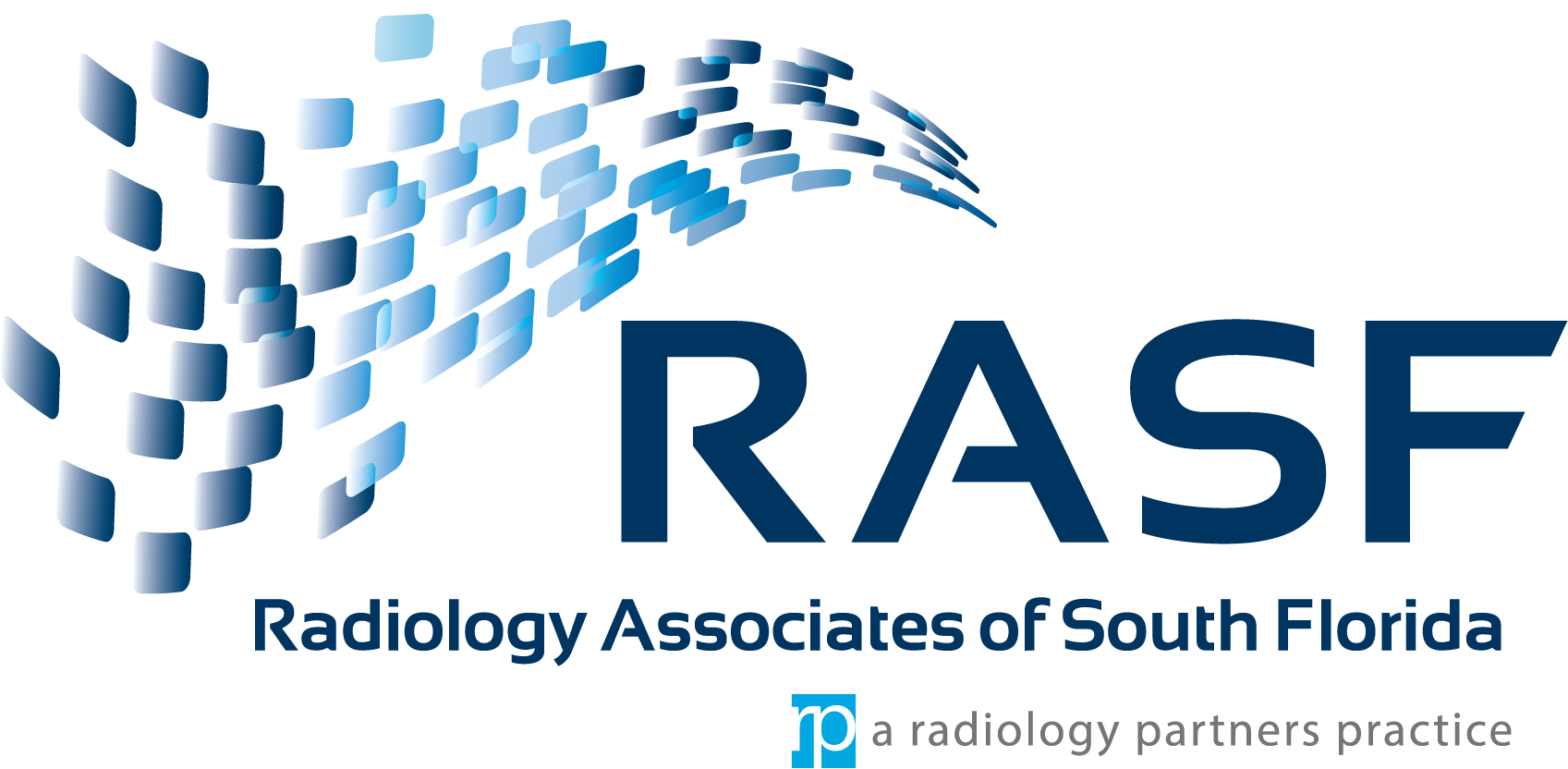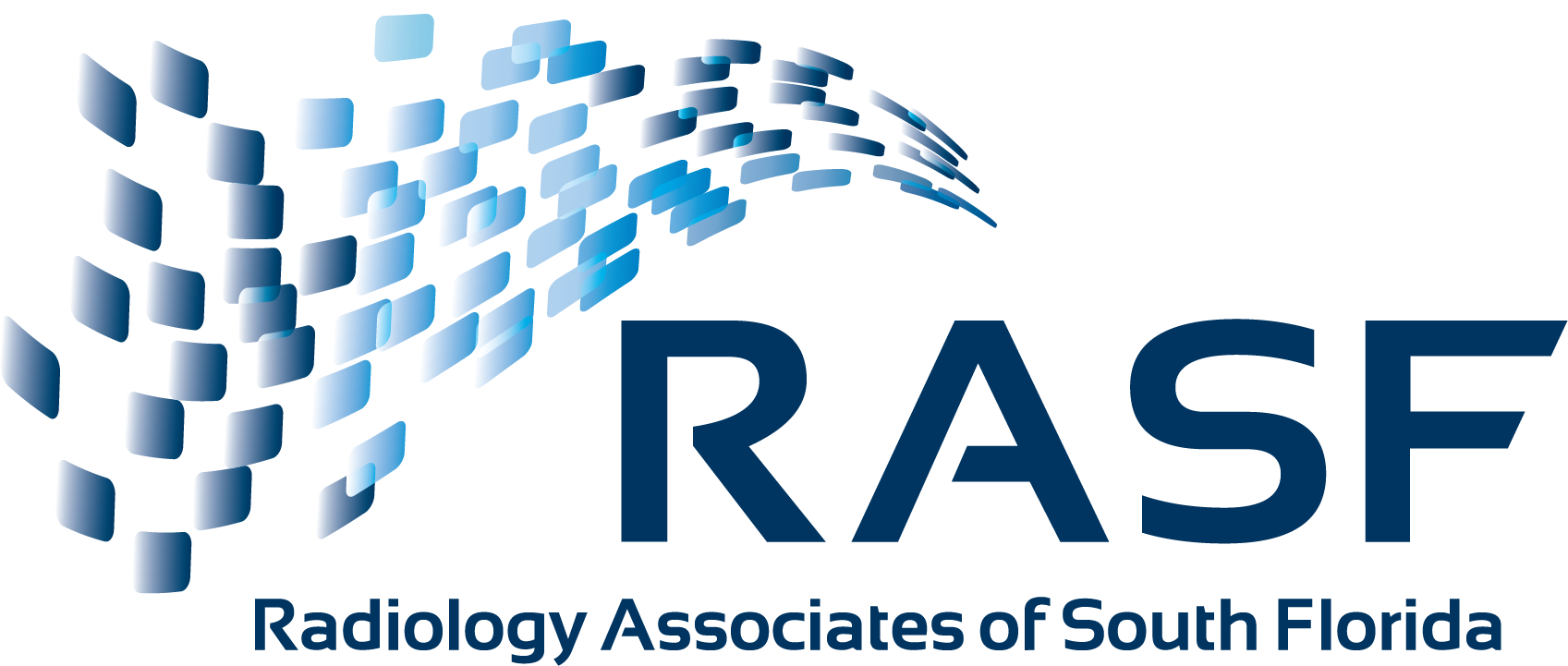Nuclear Medicine
What is Nuclear Medicine?
Nuclear medicine or nuclear scan uses a small amount of a radioactive substance to produce two or three dimensional images of body anatomy and function. The diagnostic images produced by a nuclear scan are used to evaluate a variety of diseases. Sometimes a nuclear scan is combined with a CT scan.
What are some common uses of Nuclear Medicine?
- Nuclear medicine images can assist the physician in viewing, monitoring or diagnosing: tumors
- blood flow and function of the heart
- respiratory and blood-flow problems in the lungs
- organ function of the kidney, bowel, gallbladder and others
How should I prepare for this procedure?
Usually, no special preparation is needed. However, if the exam is done to evaluate the stomach, you may be asked to refrain from eating immediately before the test. If the exam is done to evaluate the kidneys, you may need to drink plenty of water before the test.
What should I expect during this exam?
Although imaging time can vary, the exam generally takes 20-45 minutes.
A radiopharmaceutical, known as a tracer, is usually administered either intravenously or by mouth. What radiopharmaceutical is used and when the imaging will be done (immediately, a few hours later, or even several days after the injection) is dependent upon the type of exam you’re having.
For most nuclear scans, you will lie down on a table and a nuclear imaging camera will be used to capture the image of the area being examined. The camera is either suspended over or below the exam table or in a large donut-shaped machine similar to a CT scanner. While the images are being obtained, you must remain as still as possible. Most of the radioactivity is expelled out of your body in urine or stool. The rest simply disappears through over time.
What will I experience during the procedure?
Although usually done with a small needle, some patients experience some minor discomfort from the IV. Also, lying still on the examining table may be uncomfortable for some patients. You will hear low-level clicking or buzzing noises from the machine.
For more information on this topic, please visit www.Radiologyinfo.org.
Radiology Associates of South Florida is dedicated to providing a full range of high quality imaging and professional radiology services including body imaging, interventional radiology, musculoskeletal imaging, neuroradiology, pediatric imaging and vascular surgery.
Diagnostic Imaging Services
8900 N. Kendall Drive
Miami, Florida 33176

